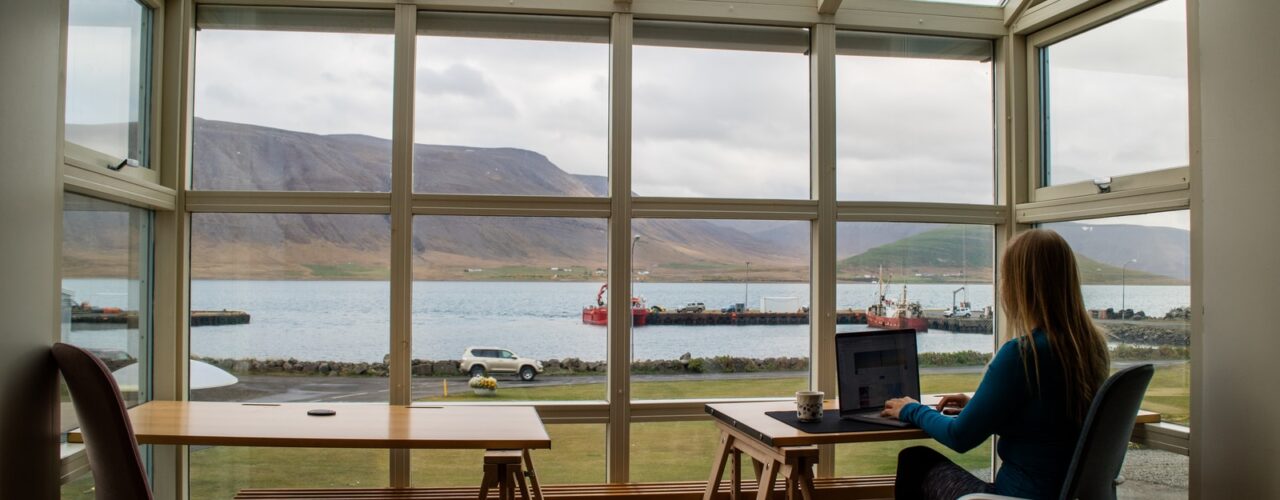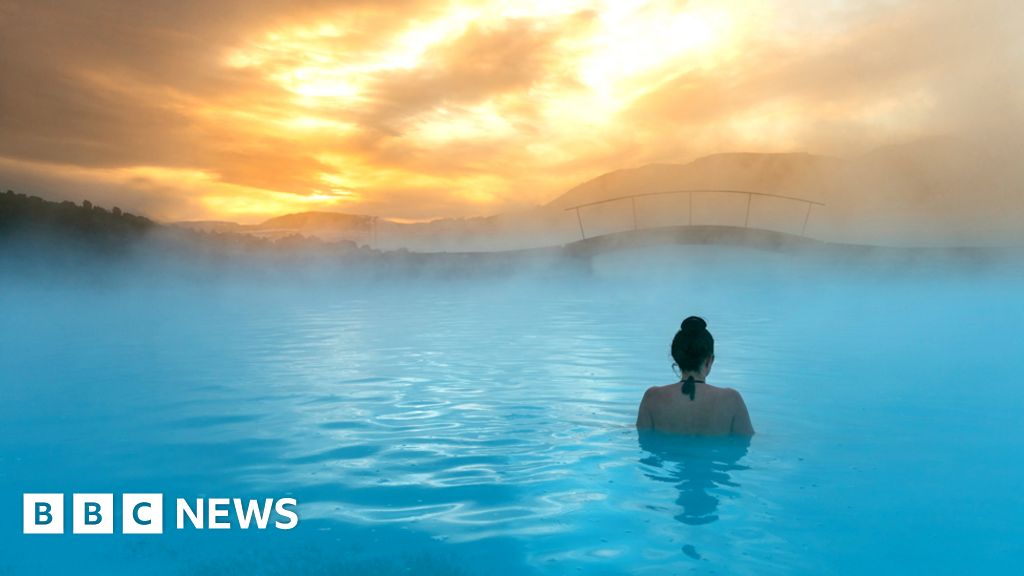Trials of a four day week in Iceland were ‘overwhelmingly successful’ and the majority of workers in Iceland (86%) will now move to shorter hours for the same pay. Rekyavik City Council and the national government conducted trials across a range of workplaces and found that productivity remained the same or improved in most cases, and wellbeing and work-life balance improved significantly.

So what
As well as being good for wellbeing and mental health (by reducing stress and burnout), four day weeks can also cut carbon footprints. A recent report by the 4 Day Week Campaign found that shifting to a four day week in the UK (without loss of pay) could cut the UK’s carbon footprint by 21% by 2025, equivalent to taking almost every car in the country off the road.
In the wake of coronavirus, other experiments are underway with reduced hours for workers. Spain is piloting a 4 day week for companies, and Unilever in New Zealand is allowing staff to cut their hours by 20% without loss of pay, as part of a trial. Could this be the start of a bigger shift in working patterns?





















Join discussion